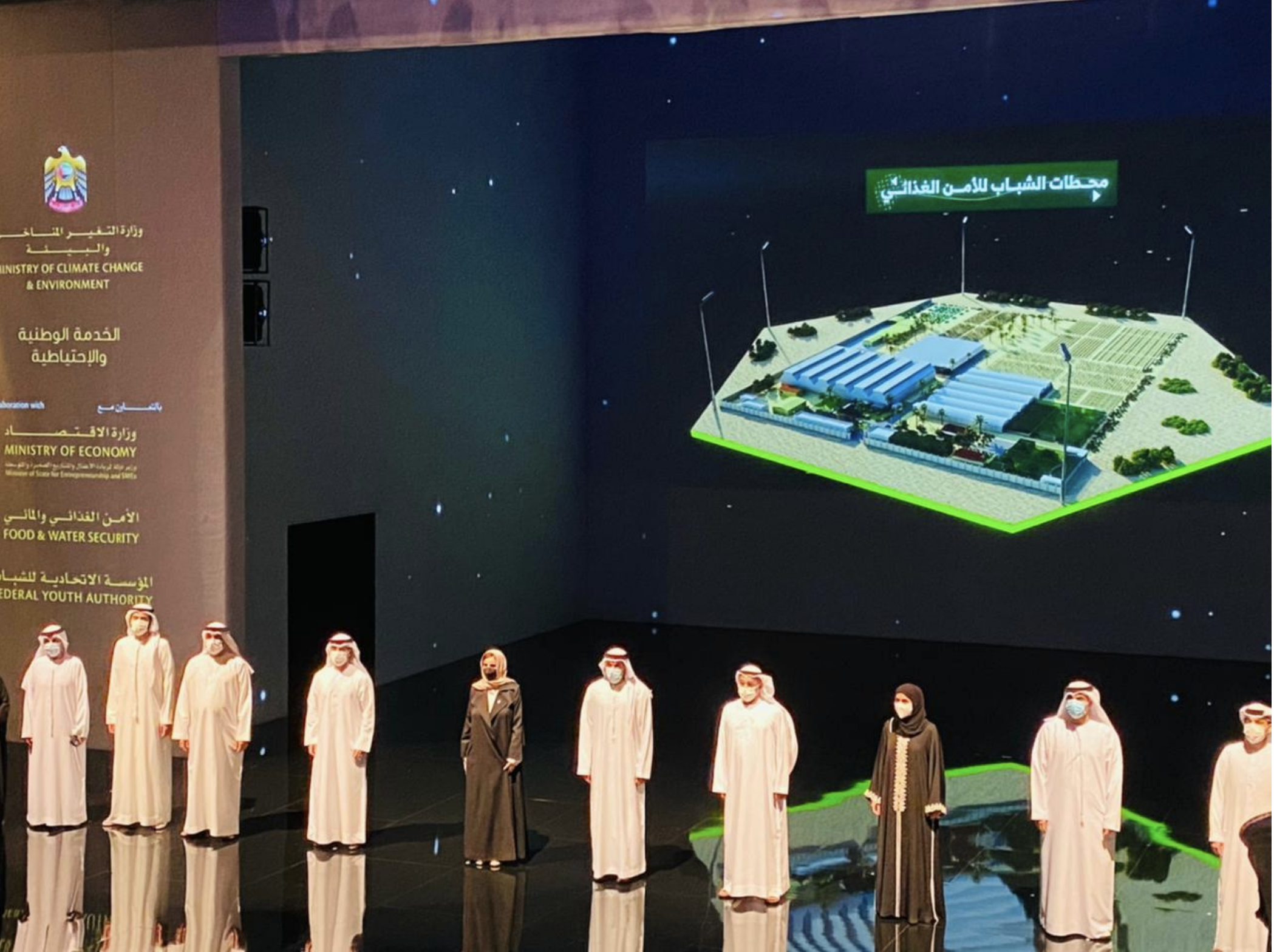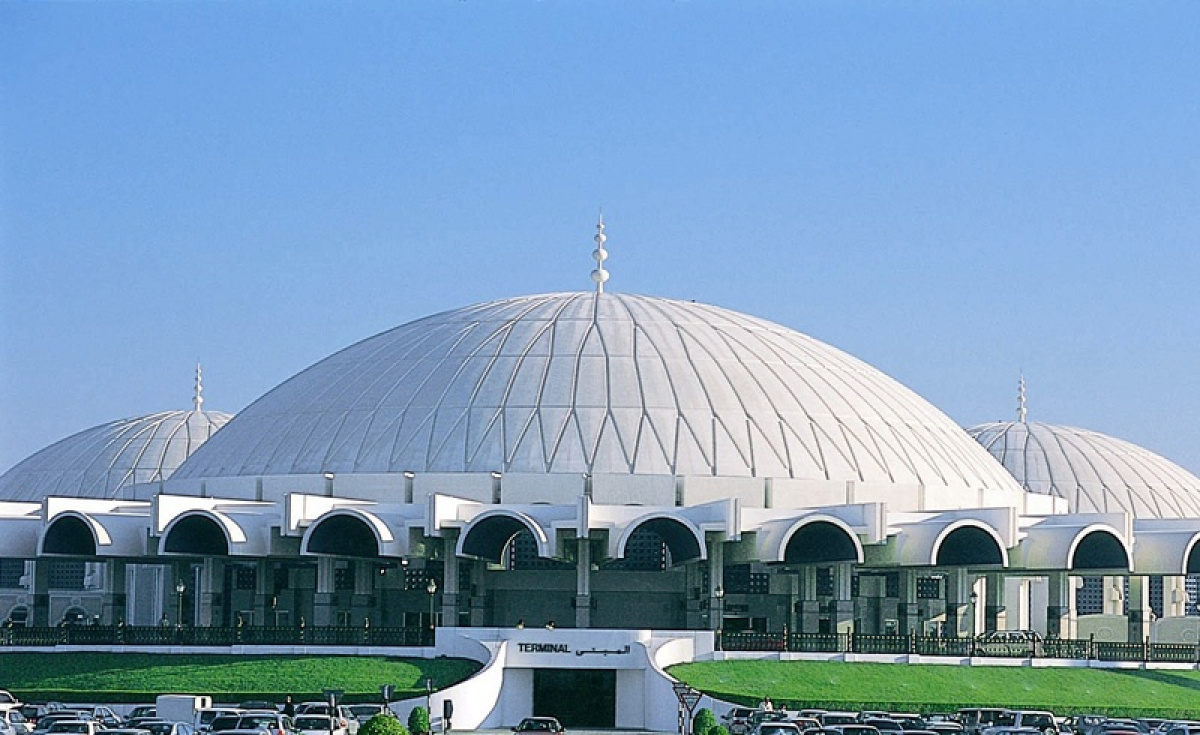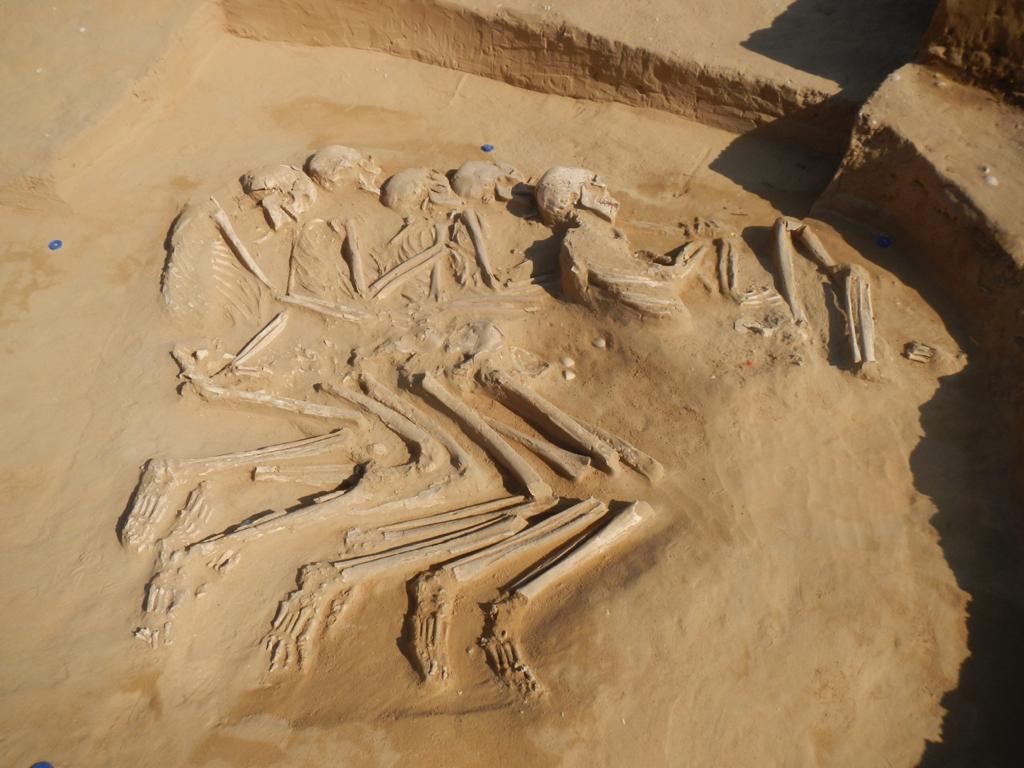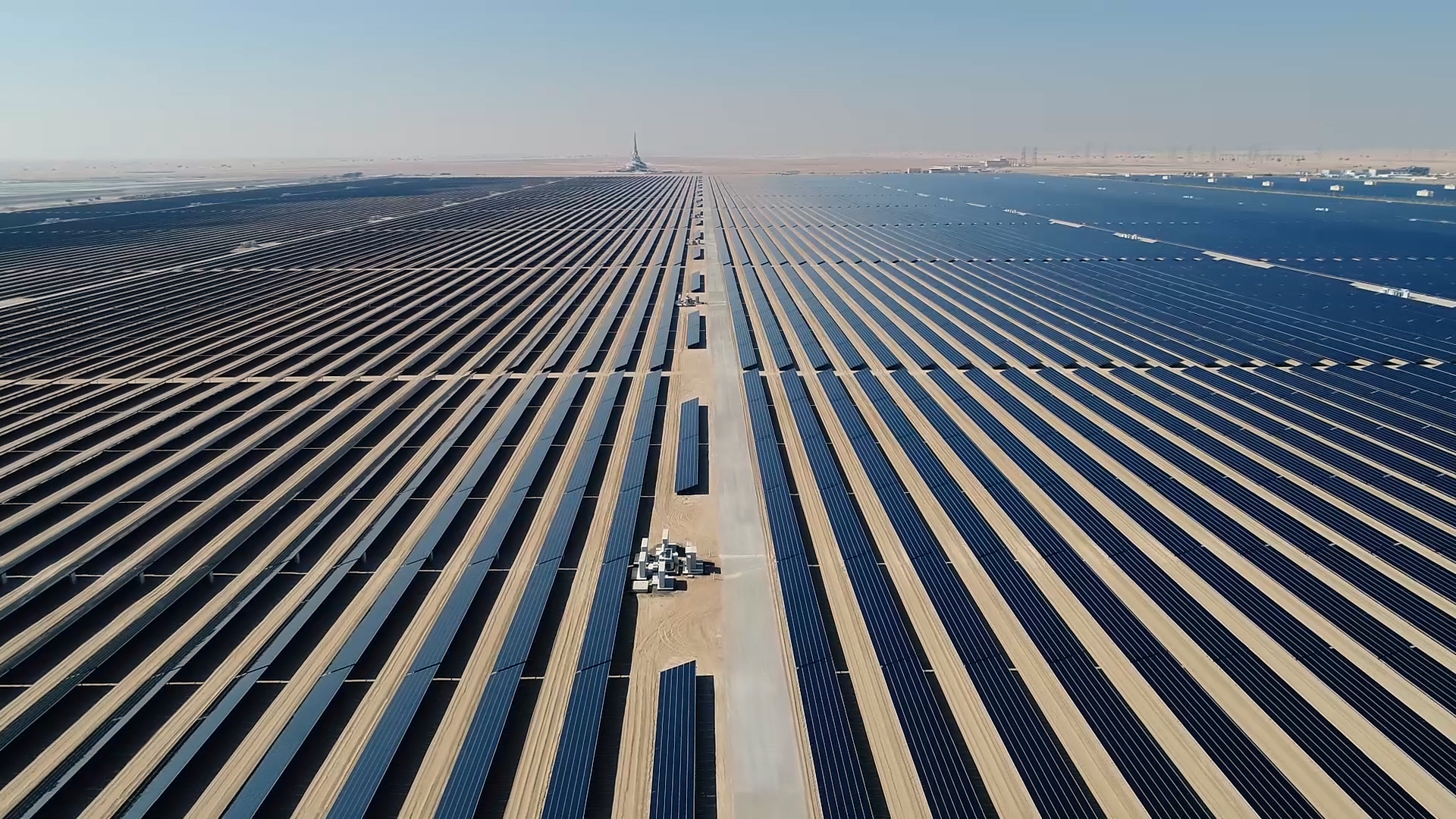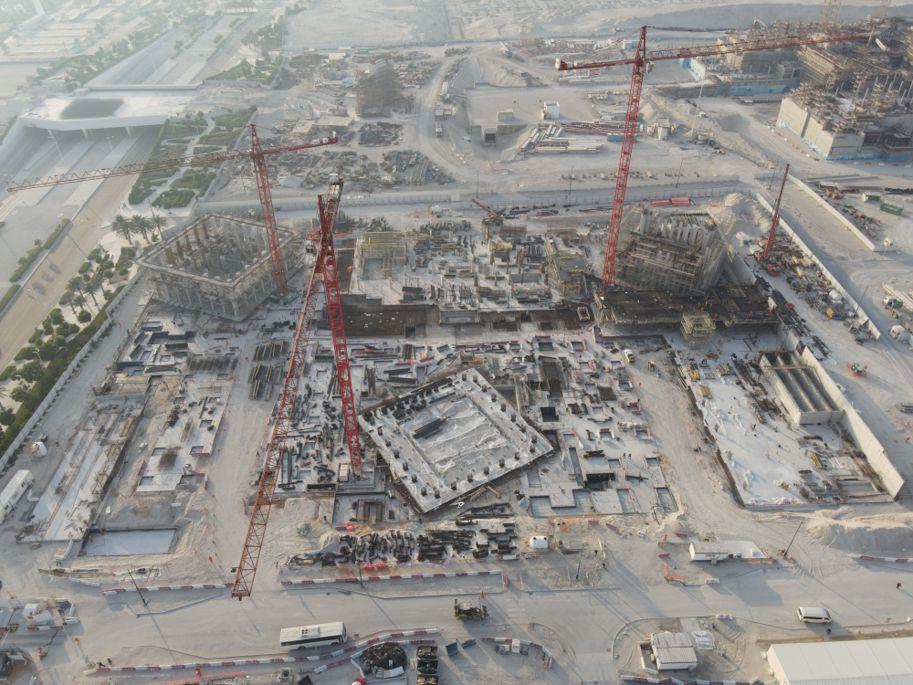The multi-phased initiative aims to enable young people to become entrepreneurs in animal and crop agriculture, beekeeping, and aquaculture, and actively contribute to national food security.
HE Dr. Abdullah Belhaif Al Nuaimi, Minister of Climate Change and Environment (MoCCAE), made the announcement at a special ceremony. The event drew the participation of Pilot Staff Major General Sheikh Ahmed bin Tahnoun bin Mohammed Al Nahyan, Chairman of the National and Reserve Service Authority, HE Jameela Al Muheiri, Minister of State for Public Education, HE Hessa Essa Buhumaid, Minister of Community Development, Dr. Ahmad Belhoul Al Falasi, Minister of State for Entrepreneurship and SMEs, and Saeed Al Nazari, Director-General of the Federal Youth Authority.
As part of the scheme, MoCCAE will establish state-of-the-art integrated centres for modern agriculture across the country to develop farming skills among young people, and teach them to implement and manage modern farming systems to improve productivity. The programme aims to build the capacities of emerging businesses in the sustainable food production sector.
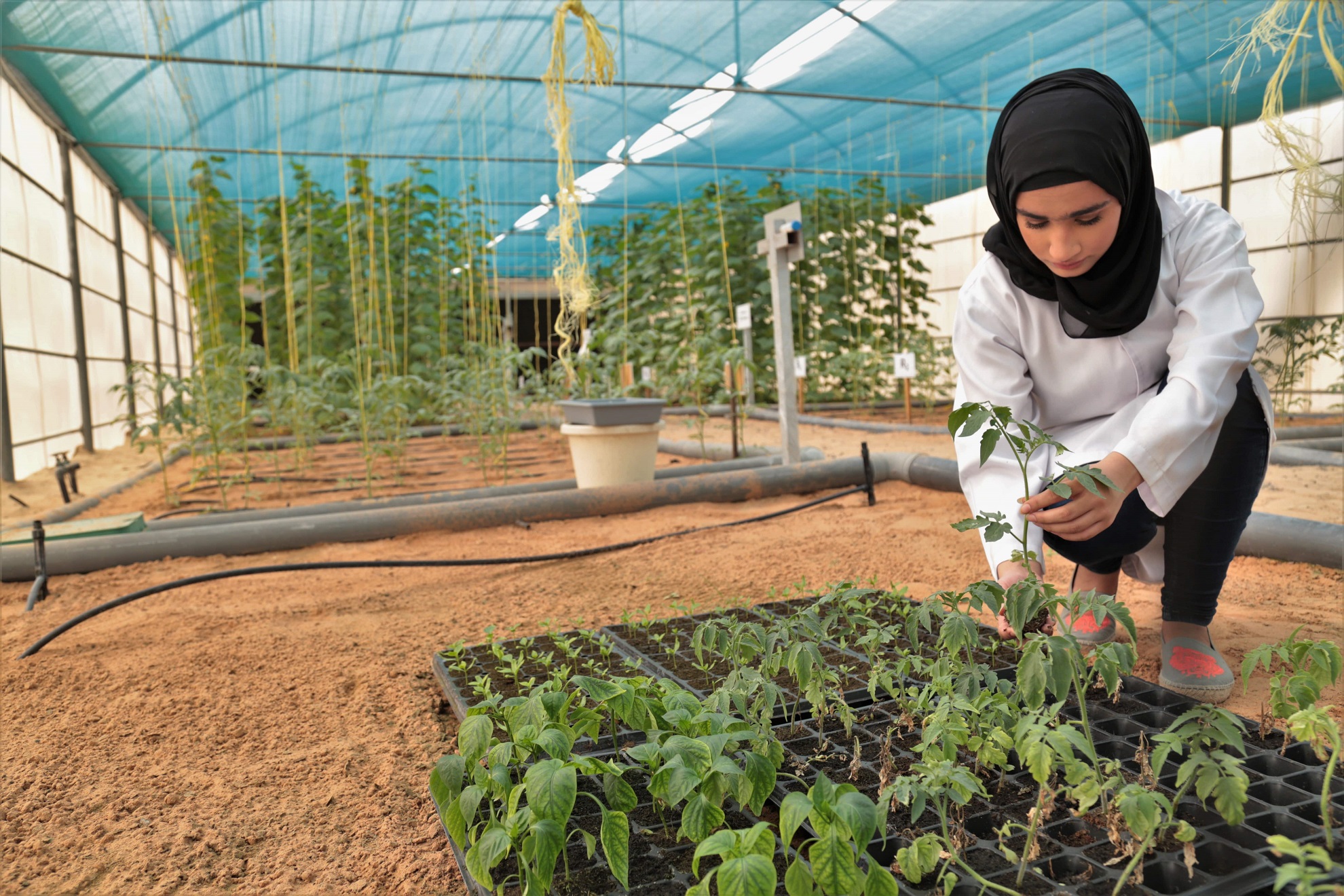
Implemented in collaboration with the National and Reserve Service Authority and Hamed Al Hamed, Emirati businessman and founder of Gracia Farms – the first hydroponic farm in the Middle East, the inaugural edition will involve the training of 50 Emirati reserve service recruits.
Furthermore, MoCCAE will partner with the Ministry of Economy and the Ministry of State for Youth Affairs to encourage youth participation in the initiative and to connect graduates with financial institutions that will support them in launching their agricultural startups.
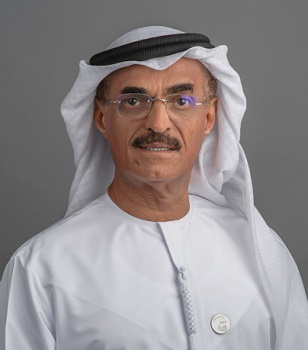
HE Dr. Al Nuaimi said, “The challenges posed by the COVID-19 pandemic have highlighted theparamount importance of food security and sustainability. MoCCAE works closely with its strategic partners from the public and private sectors to ensure uninterrupted food supply by strengthening imports and boosting homegrown food production in terms of quantity and quality with the aim of increasing the share of local food products in the market. The Youth Food Security Stations align with the Ministry’s objectives of leveraging modern technologies in agriculture, and harnessing the potential of our youth to drive sustainable development and build a better future for our nation. The initiative follows an integrated approach through training subsequent batches of young Emiratis on various aspects of agricultural entrepreneurship.”
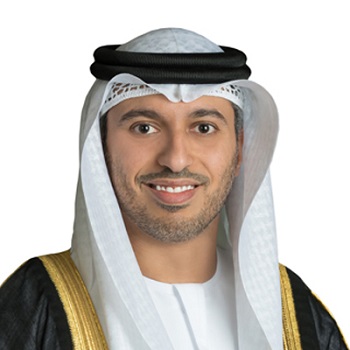
HE Dr. Ahmad Al Falasi said, “The future of agriculture and food security is rife with promising opportunities for young entrepreneurs, where they can play a significant role in devising innovative solutions to food security challenges, and come up with creative ways to increase our agricultural production.”
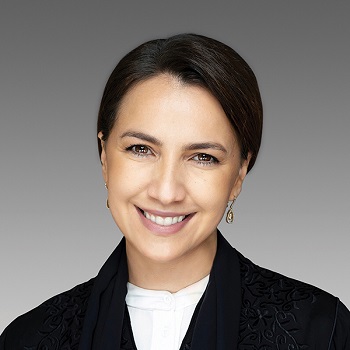
HE Mariam Al Mheiri, Minister of State for Food and Water Security, said, “As a source of hope for a better future, youth empowerment and capacity building is a key element of advancing the UAE’s vital priorities, including food security. To this end, the Youth Food Security Stations will engage Emirati youth and harness their power to create innovative food projects. Building human capacities is a strategic enabler of the National Food Security Strategy, and so I am delighted to be a part of this project.“

HE Shamma Al Mazrui, Minister of State for Youth Affairs, said “Just as we were able to engage and empower young leaders in sectors such as space, economy, technology, and humanitarian work, we are confident that we will soon have pioneers in modern and sustainable agriculture, who will establish a robust supply network and ensure our self-sufficiency in line with best practices in the sector.”
Developed in accordance with international standards, the three-stage programme blends academic learning with hands-on training.
- Stage one focuses on the fundamentals of agricultural business management, modern farm design, sustainable agricultural production, agricultural innovation, and marketing. Participants will also explore the ways local production can support food security and meet the needs of the population at a time of an emergency.
- In stage two, trainees will apply the theories they learned in stage one with a focus on the design and installation of farming systems, management of protected and open-field agriculture systems, livestock and poultry breeding, aquaculture, feed processing, and beekeeping and honey production. In addition, the programme will introduce them to the basics of modern farm management, such as feasibility studies, budgets, accounting, asset management, and procurement.
- The final stage comprises hands-on training on processes that take place post-harvest until the products reach the retail outlets, such as marketing, contract negotiation, and sales.
